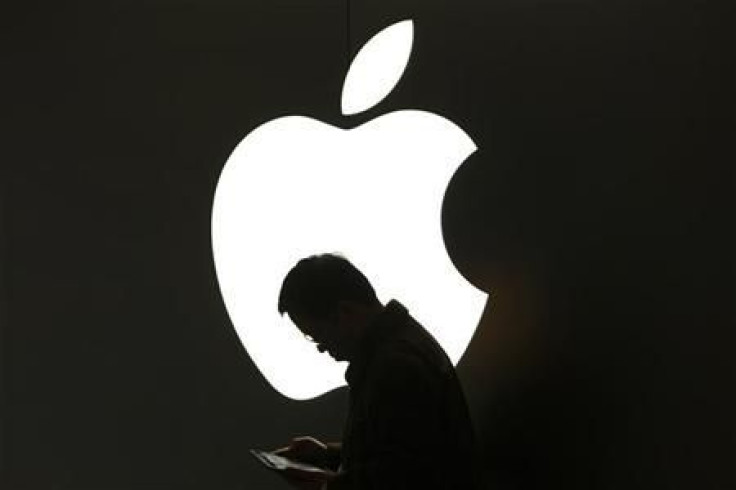Apple halts TV service plans after failed talks

Not all days are good for Apple as the company reportedly suspended its efforts to develop a live television service. The decision came after the gadget mogul's failed talks with media companies to change their proposed paid TV bundle.
According to a report from Bloomberg, the company has decided to put off its plans to offer a live, Internet-based television service and will instead concentrate on becoming a platform for media companies that reaches customers directly through its in-house App Store. A source familiar to the matter divulged that the company is not totally giving up on the live TV service.
However, it had to deal with opposition when it tried to sell a package with 14 or more channels for around US$30 (AU$ 41.38) to US$40 (AU$55.17) per month. CBS Corp. Chief Executive Officer Les Moonves confirmed Apple's decision to put the plan "on hold." The recent decision also emphasises the difficulty of convincing media companies to change their traditional TV packages. If Apple wants to penetrate the market, it would have to ask higher fees or force media companies to go for less.
“This will happen,” said Moonves at the Business Insider Ignition conference.
“It has four major networks and 10 cable networks, let’s say, and the price point will be in the US$30s, US$30 (AU$ 41.38) to US$35 (AU$48.28), US$40 (AU$55.17) maybe. People will not be spending money on channels they don’t want to watch,” he added.
The Mac Observer outlined three reasons Apple's TV service failed: zero sum game, business math and fear of Apple. Apple wanted to provide local and major cable channels a subscription package people paid for. While the intention was ease of use and easily cancelled packages, this will take away revenue from satellite and cable carriers. Apple will then disrupt the revenue and business pattern and this made it unappealing for companies.
In light of this, Apple is focusing on another strategy that once made iPhone a market winner: extending the App Store to outside developers in order to sell to users.
Contact the writer at feedback@ibtimes.com.au, or let us know what you think below.






